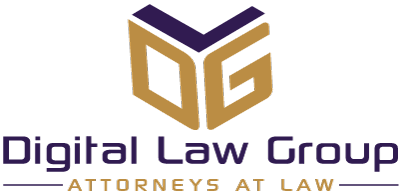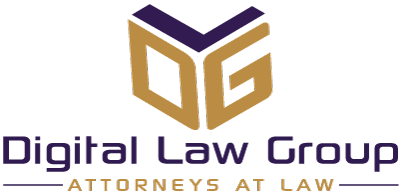Be on the lookout for Intellectual Property (IP) and domain name-related schemes specifically designed to get you to needlessly part with your cash. If you registered a trademark, copyright or patent or if you own a website domain, there are number of deceptive marketing practices that some of you may fall prey to if you are not aware that they are actually scams.
What you need to know…
When you file a trademark, patent or copyright with the US Patent and Trademark Office, US Copyright Office or other IP-related government entities, your application becomes public information and anyone can access these databases. So-called marketing companies take your information and then solicit their victims via email or regular mail for services seemingly related to intellectual property or domain name registrations – services that you don’t actually need.
The solicitations may include:
(1) Offers for legal services to file your IP in another country.
(2) Trademark monitoring services
(3) Invoices for renewals (coinciding with your registration dates)
(4) Recordation fees for trademark registration with U.S. Customs and Border Protection
(5) Offers to include your trademark listing on private registries or directories
(6) Invoices for foreign registration
(7) Notifications that an unauthorized 3rd party seeking to register your trademark or domain and will be approved unless you respond and pay the listed fees
These companies send out notices and invoices under official looking letterhead and often times, use government sounding names such as the “TM-Collection – International Register of Trademarks-Hungary,” The Asian Domain Registration Service” or “US Customs and Border Protection (CBP) Bureau.” Oftentimes they use scare tactics such as:
another company is attempting to register your intellectual property in their country and that if you do not respond, we will assume you have authorized this registration. Click here for more information on this scam.
Other times these scammers will simply send you an invoice in order for you to register your trademark from Hungary, for example, (in the amount of $1650.00 or otherwise be advised that you that you will lose your rights to register in the future). Again, the solicitations are worded in such a way so as to appear that these fees are an ordinary charge and that you are obligated to pay to protect your intellectual property.
Alternatively, victims who already own a “.com” domain name are warned by so-called international domain registries that they need to buy all of the other variations from .net, .biz, .cn ,etc. in order to protect their trademarks within their countries. The truth is that you don’t need the help of these officious third parties as you can easily register alternative domains yourself with reputable registrars in your home country for a few dollars each a year.
If you receive any kind of renewal or listing notice, here are the six basic things you should do to avoid a scam:
- Check the source of the official correspondence – communication from the USPTO will either come from an address in Alexandria, Virginia or an email return address would end in “@uspto.gov.”
- Research the exact name of the organization that sent out the invoice and see whether they show up on any watch lists (or simple google their names)
- Read every word of the document. If it’s a “legal” trick, it will say somewhere (even in very small print) that it’s a solicitation, not an official invoice. You will probably note bad grammar and misspelled words in the solicitation as well.
- Know the normal maintenance filing deadlines and requirements associated with a U.S. Trademark — which typically occur between the 5th and 6th year after registration and again between the 9th and 10th year.
- Trust your instinct. Maybe the due date seems too soon? Maybe the due date has already passed? Maybe the details in the “notice” are limited and include no contact phone number?
- Work with your lawyer or other provider to help verify the authenticity and accuracy of any invoice or before paying it.
IP scams have become so rampant that that government entities have begun issuing warnings to advise intellectual property holders to be aware. Click here for the USPTO official warning. The World Intellectual Property Office also maintains a database containing samples of scam letters and invoices. Click here for samples of these “scam” invoices. You may also file an online consumer complaint with the Federal Trade Commission www.FTC.gov and/or email the USPTO @ TMFeedback@uspto.gov.
Readers, be on your guard for this new surge in patent, trademark and domain registration scams deigned to trick inventors and businesses into paying hundreds or even thousands of dollars for bogus services. Feel free to email or comment on this post if you’d been the target of one of these scammers.


